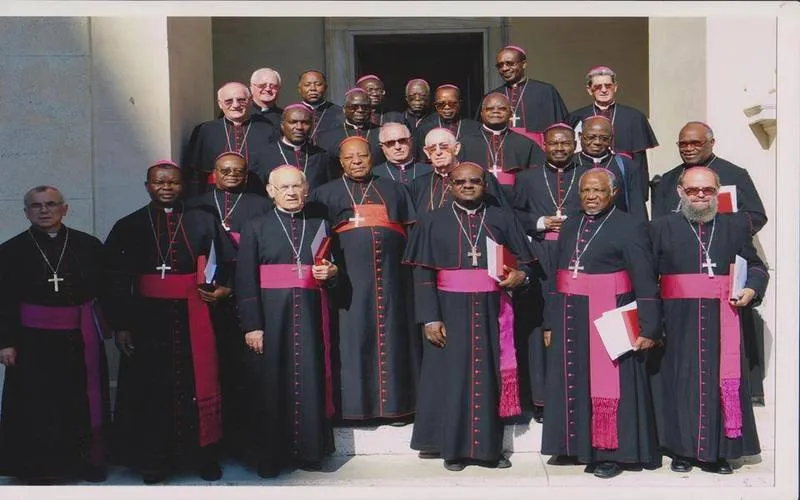Luanda, 12 October, 2021 / 9:00 pm (ACI Africa).
There is need for the government of Angola to declare a “state of emergency” in the Southern African nation where a protracted drought has created a humanitarian crisis, members of the Bishops Conference of Angola and São Tomé (CEAST) have said.
In their Monday, October 11 statement, the Catholic Bishops express concern about “the hunger caused by the long drought and the consequent lack of food, especially in the South of our country.”
“We call on the government to declare a State of Emergency in the South of our country to allow for assistance from the International Community,” CEAST members say in their collective message following their October 6-11 Plenary Assembly.
The Catholic Bishops urge the government through the Integrated Plan for Intervention in Municipalities (PIIM) to “prioritize programs that combat hunger and poverty.”
Angola, a country with a population of over 31 million inhabitants is currently facing the worst drought emergency in the last 40 years as a result of climate change.








